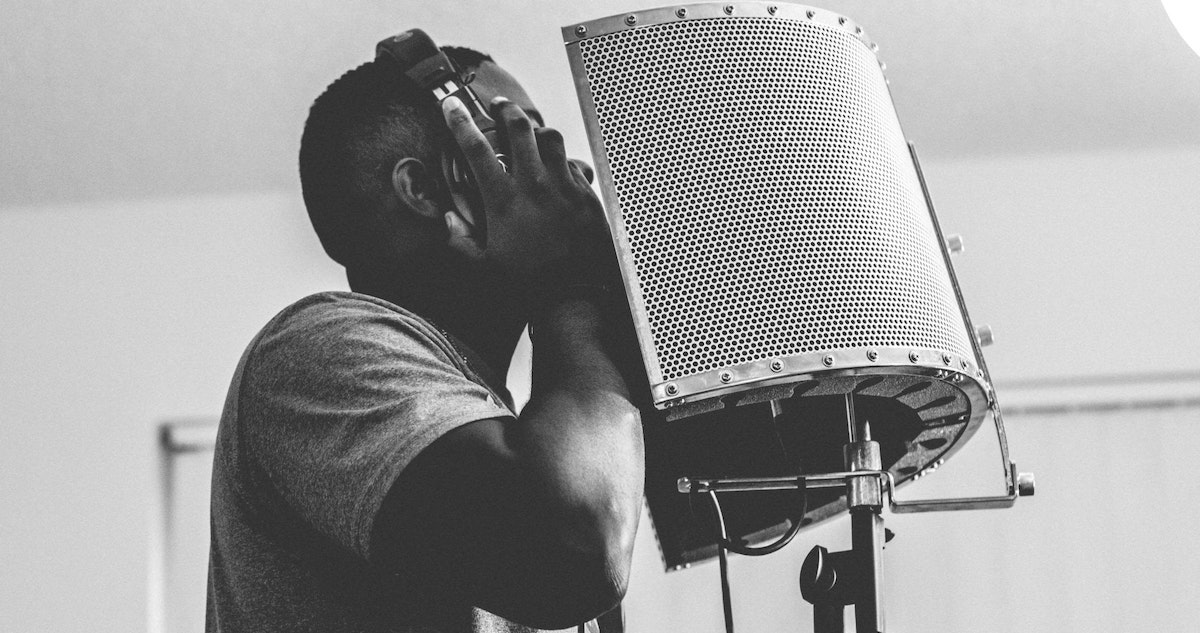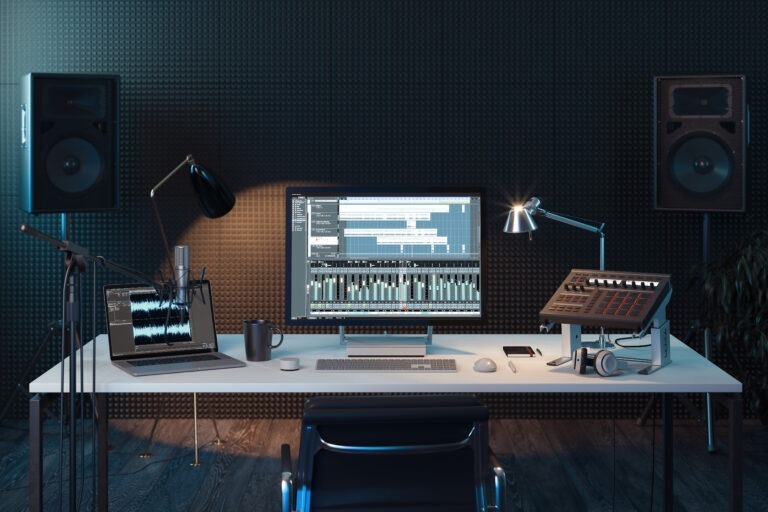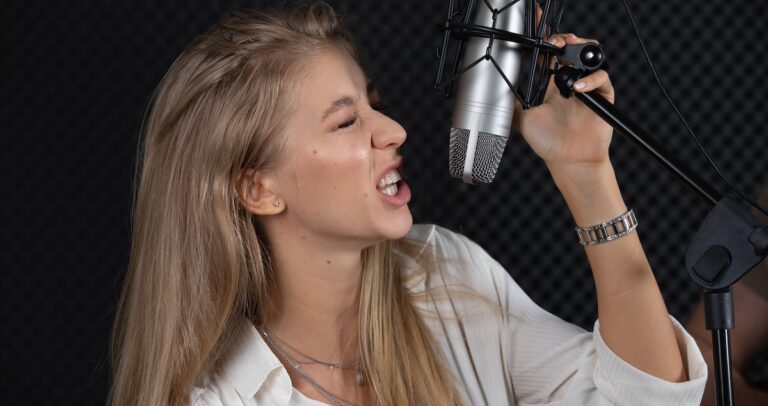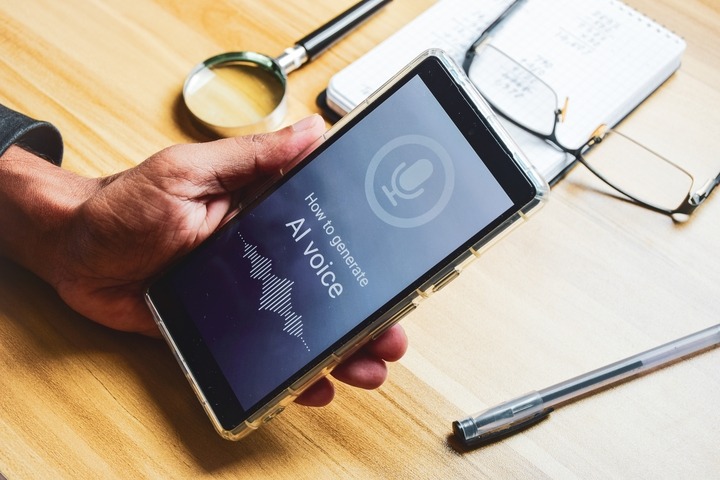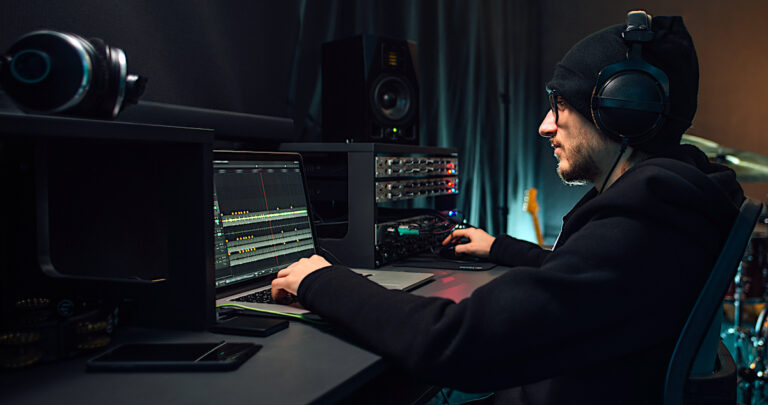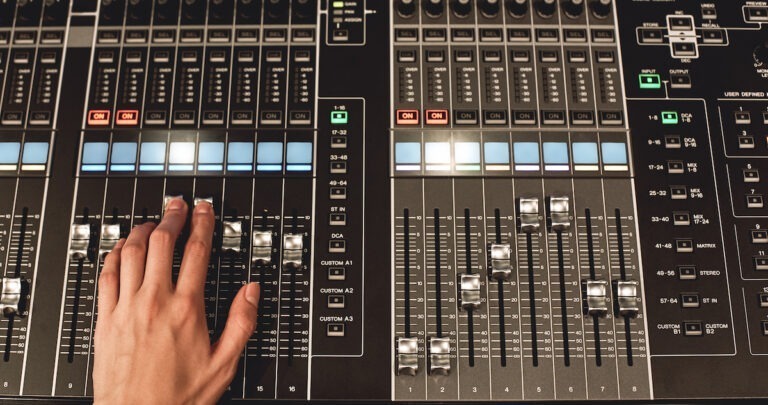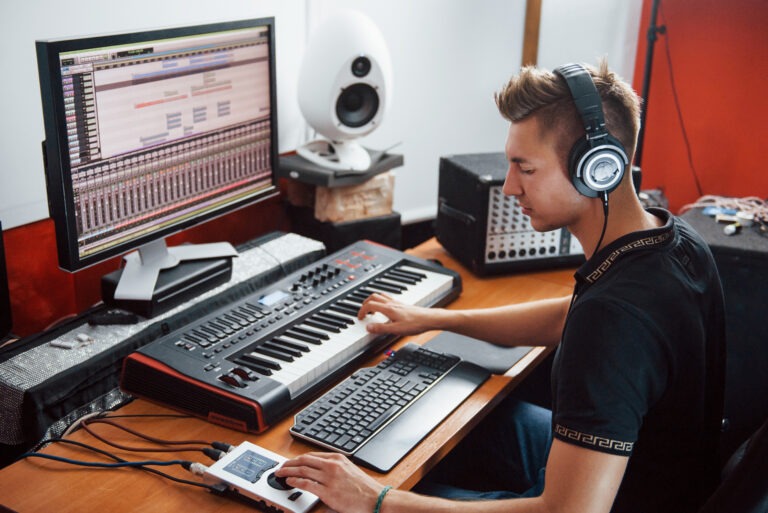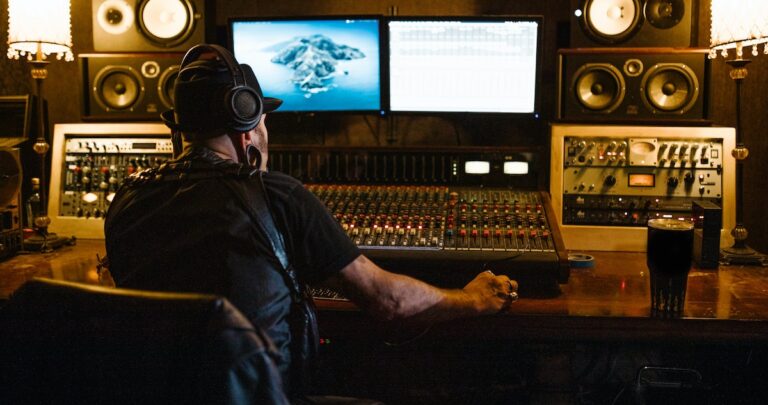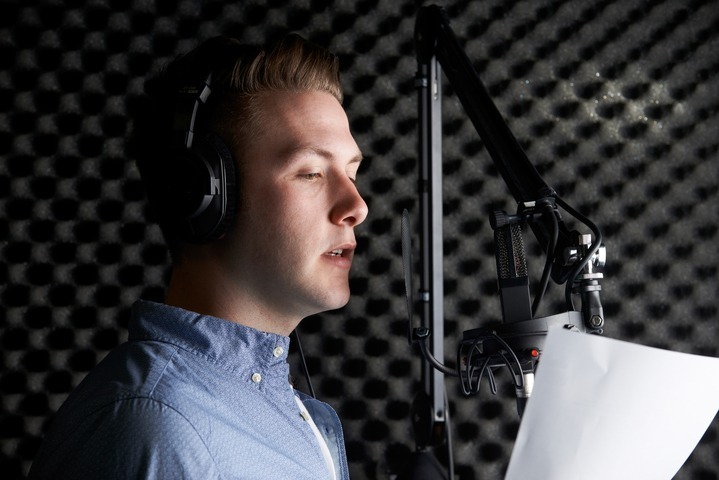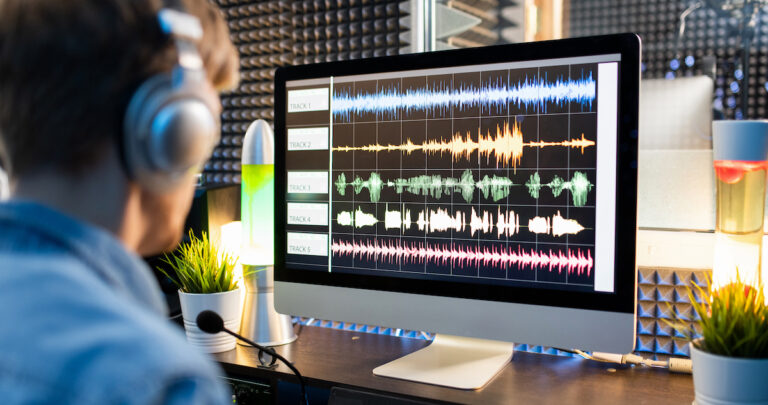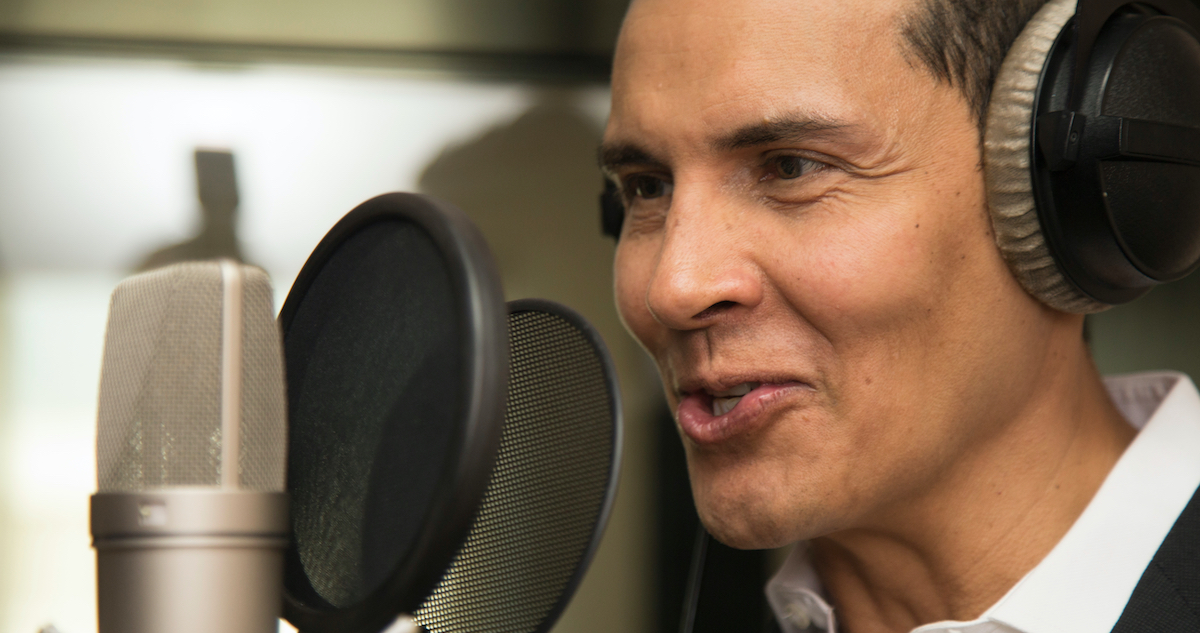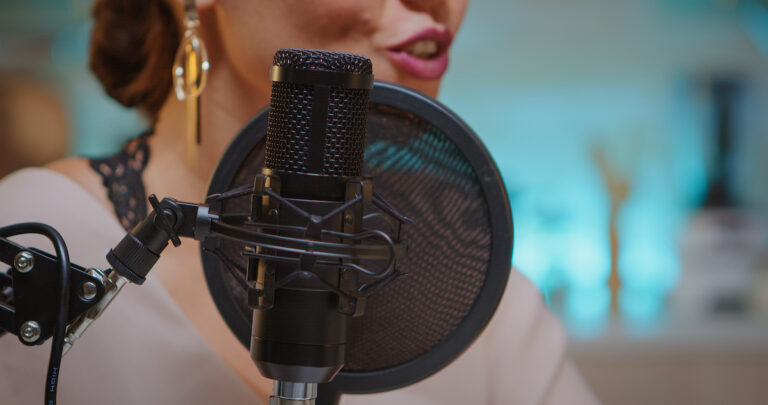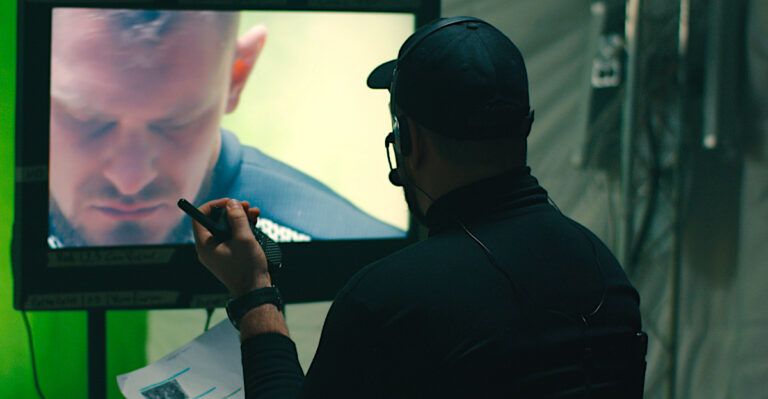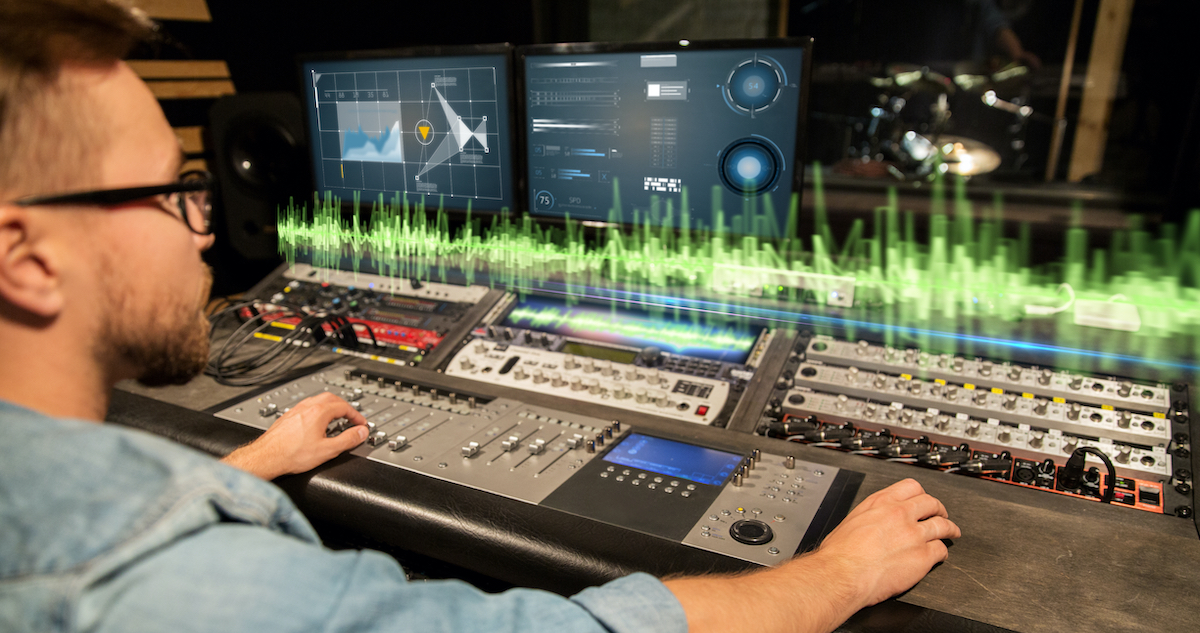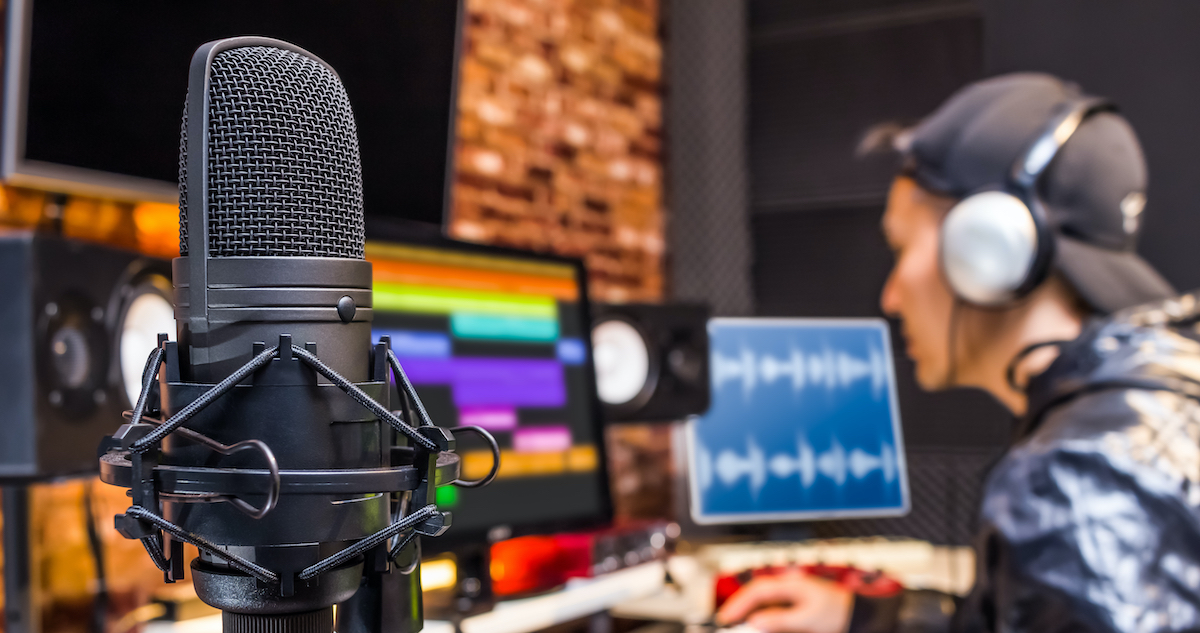Do you know what “Automatic Level Control” is? If you do, then you have an idea of what vocal compression is because technically, they’re the same thing. Essentially, vocal compression, voice compression (or even the best vocal compression) evens out the volume. Thus, it makes the difference in the volume less drastic between louder and softer parts of an audio or voice over recording.
How does vocal compression or voice compression work?
Technically, compression acts as a controlling device for the dynamics of the voice. Obviously, engineers and producers use it for musical instruments as well. Drums, in particular. It can also radically alter sounds. A small amount of compression can increase the fading or decaying notes of a stringed instrument.
Without getting technical, a compressor has a threshold that determines when it starts workinghttp://webbanki.ru/zaim-onlain. It also has adjustable attack and release times, which determine how quickly the compressor reacts to the incoming signal and how quickly it lets go. (If you’d like to understand the technicalities, read this)
Why do voice actors use vocal compression or voice compression?

In a word: consistency and loudness. Consistency enables the listener to hear the words spoken by the actor clearly. Loud words are softer, and soft sounds are louder so they’re more audible. Overall, there’s an increase in perceived loudness. This is desirable in a commercial environment because it makes the voice much more powerful.
Highly animated speakers always have difficulty controlling their voice. Vocal compression can subdue their dynamics sufficiently. Of course, voice actors who work from their own home studio sometimes use compression to ensure their voice sounds better even when recorded over less than stellar equipment. But that’s another story…
Many voice actors also simply send raw voice files to clients, giving the clients the freedom to compress the voice as much as required. In our experience on Voice123, however, we’ve found that most clients need voice files that are broadcast-ready. This means they expect voice actors to add slight compression and EQ themselves. If you receive raw, unedited files, you have every right to ask the voice actor to edit and finalize the recordings.
The undesirable consequences of vocal compression or voice compression
While compression is one of the most used effects in audio production and voiceover projects, it must be used carefully. If there is one word that describes overdone vocal compression, it’s: annoying. There’s a very fine line between the right and the wrong amount of compression, and it’s very easy to slip into heavy compression.
When a voice actor does, you will notice that it not only squeezes the life out of the voice, it distorts. It makes all the background noises louder too: room ambiance, system hiss, mouth noises, lip-smacks, tongue-clicks, nasal whistling, and wheezing. It also exacerbates sibilance. Plosives (‘p’-sounds and ‘esses’) burst out glaringly and over-exaggerated.
In short: over-compression can completely ruin a recording.
The best vocal compression and why it works
Just as pop, hip hop, electronic, rock, jazz, hardcore, and metal music require different types of compression, so do voice recordings. Loud, enthusiastic commercial voice overs need a lot more compression than a documentary. For the latter, gentle almost inaudible is the best vocal compression.
Final thoughts on vocal compression
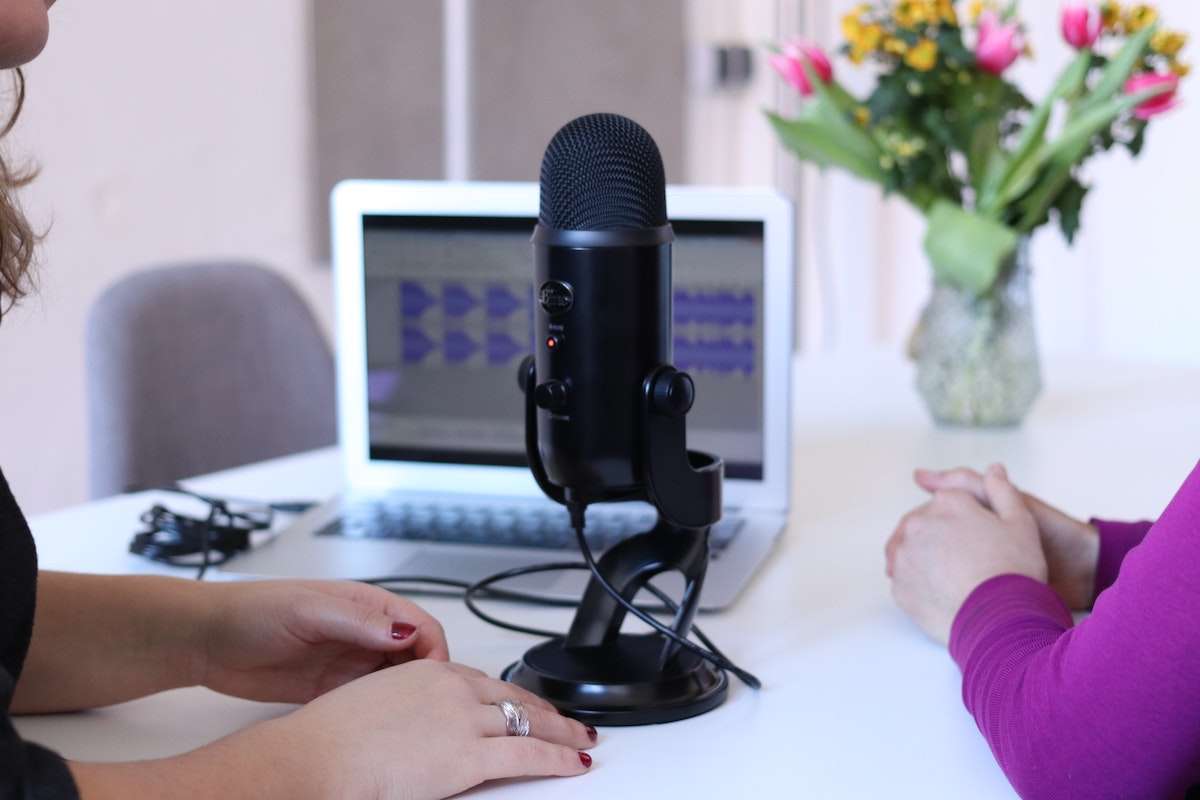
Vocal compression is a powerful tool used to create consistency and refine audibility by controlling the dynamics of a voice. The key to getting the voice over you want from the voice actor is knowing what to ask. Understanding what they use compression for will make it simpler when they ask you: “Would you like me to compress the voice over?” At Voice123 we have experienced, professional voice actors who know the compression requirements for different voice over styles. To get started, you can either post a project for free or just search from our wide range of vocal talents to find the one that suits your project.


